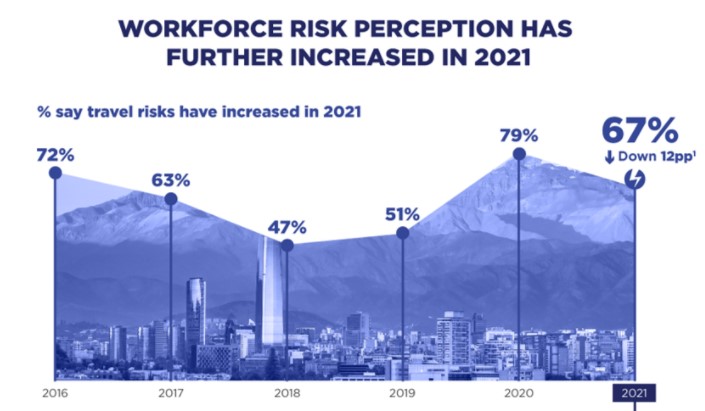The pandemic has spurred a behavioural reset when it comes to digital transformation, with the biggest investments made in machine learning (60%), artificial intelligence (50%) and document-centric process automation (50%).
This is according to a study carried out by ABBYY, whose March survey of 1208 IT decision makers across the UK, US, France, Germany and Japan found that 99% had implemented new projects in the last two years. The pandemic has resulted in many organisations accelerating digital technology adoption plans by three to seven years, with 38% of IT decision makers having implemented 3 to 4 automation projects.
When asked why IT leaders made the investment in the first place, 47% said it was to better prepare for remote working; 49% to prepare for hybrid working; 45% to help with employee burnout; and 17% said it was due to pressure from employees.
Neil Murphy, global channel chief at ABBYY, commented: “The pandemic, great resignation, and need for a better work-life balance has changed the game for the UK workforce. People’s expectations for what they want and need from their employees has evolved. This has resulted in a behavioural shift at the top, as leaders understand that implementing new technology is no longer only about the business, but also increasingly more about the people.
“The blueprint for designing successful deployments involves choosing the right technology and right department to automate. From understanding how processes work before automating to understanding context and content within documents, businesses have realised that automation needs to be more intelligent to be successful. It is also about the areas that employees require the most support on and for which will realistically be the most helpful for those staff members rather than just the organisation, as well as ensuring tailored training and the ability to use the technology remotely.”
Printed Copy:
Would you also like to receive CIR Magazine in print?
Data Use:
We will also send you our free daily email newsletters and other relevant communications, which you can opt out of at any time. Thank you.











YOU MIGHT ALSO LIKE